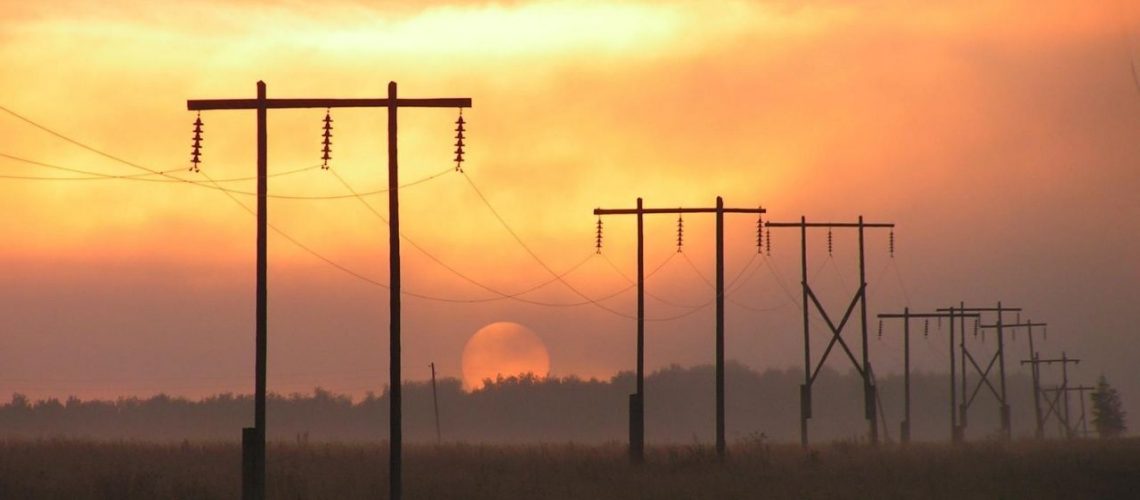Lisa Davis, Chief Executive Officer, Global Energy; Member of the Managing Board, Siemens AG
The number of people without access to electricity fell below one billion in 2017. This is great news – and not just for those gaining better opportunities for basic supply, education, healthcare and economic development. It’s also good news for the global economy. In order for the world’s remaining underdeveloped regions to participate in the global marketplace, universal access to modern forms of energy is essential. The big question is how these regions will develop the necessary capacities. In the increasingly globalized energy value chain, they may play a unique and significant role.
In recent years, most of the progress in improving access to electricity has been concentrated in Asia. India has made significant advances with its Village Electrification Programme. But, there's still a long way to go to get the entire population connected. The biggest challenge by far, though, is in sub-Saharan Africa. According to the International Energy Agency, in 2017 there were still 600 million people in the region who had no access to electricity. The major task here is the same as everywhere else: connection to the grid is just the beginning. A sizeable addition of reliable generation capacity is needed to create a lasting and powerful impact on people’s lives.
Electrifying to unlock economic potential
Building new, high-efficiency power plants and modernizing ageing plants are two of the main drivers providing a cleaner, more reliable power supply. Advanced technology of the kind used in today’s gas turbines drastically reduce fuel consumption and CO2 emissions. Moreover, it provides the necessary flexibility to compensate for fluctuating renewable energy sources.
Major energy projects like the world's largest combined cycle power plants in Egypt go beyond just meeting the demand for excellent efficiency and reliable power plant technology; they also address the growing need to fast-track project execution. In Egypt, Siemens built 14.4 GW of power capacity in just 27.5 months. This expanded the country’s energy infrastructure by over 40%. All the same, projects like these do need to acknowledge developing countries’ understandable desire to participate in the project’s execution – including civil engineering, component delivery and long-term maintenance services. Including a significant share of local content helps create high-quality jobs and balances the long-term benefits of electrification.
Read the rest of this story on the World Economic Forum blog.
ABOUT LISA DAVIS

Lisa is Member of the Managing Board and CEO Global Energy of Siemens AG. Appointed to the Siemens board in August 2014, Lisa Davis is responsible for the company’s power generation business and for North and South America. After receiving her degree in chemical engineering from the University of California, Berkeley, she worked for oil companies like Exxon, Texaco and Shell in the U.S. and UK before being appointed Executive Vice President for Strategy, Portfolio & Alternative Energy at Royal Dutch Shell, UK





